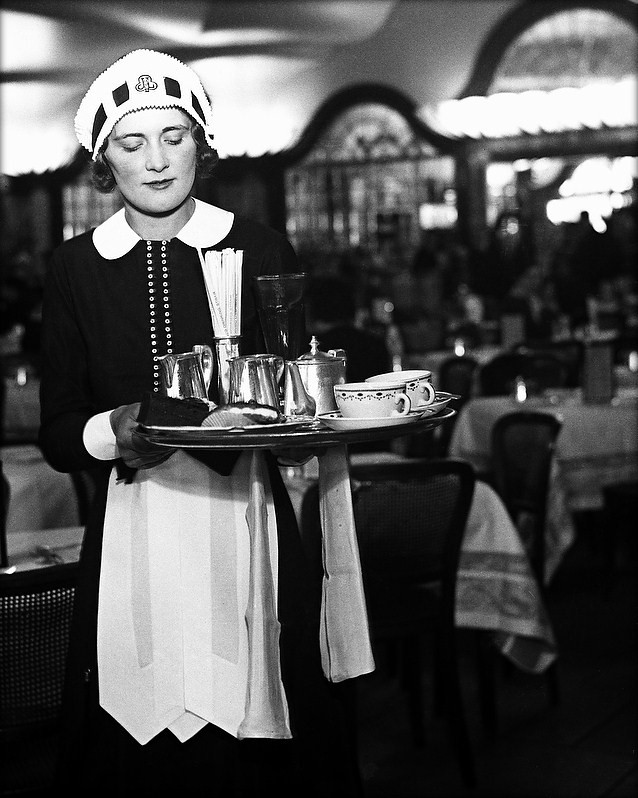Like most people I love a brew up as a thirst quenching excuse to stop work and read the paper, have a chat or flick through TikTok on my mobile for a few minutes.
Tea is seen as the non-alcoholic liquid that has lubicated Britain – a harmless stimulent enjoyed by children, housewives, factory workers and well – just about everyone.
But the history that lies behind how it came to be here in Sathnam Sangheras’ BBC Radio series The Empire of Tea reveals a dark aspect to the picking, production and export of the tea leaf.
Like sugar and tobacco imported from the colonies of the British Empire in the 18th and 19th century slavery was part of the work force that included indentured labour – and even today workers in the fields of tea plantations earn minimal wages in places like Sri Lanka and India.
Initially tea was the preserve of the elite and was treated as a precious and expensive commodity – now of course everyone drinks it and thankfully slavery is abolished.
In The Empire of Tea archive recordings of an idustrial dispute over a tea break in the Britain of the 1960s reminded the listener of the importance of having a break from the monotony of work. When workers could stop, read the Daily Mirror and have a chat – but in the 1960s flick through the pages of Saturday Titbits since TikTok hadn’t been invented.
Go on Polly – put the the kettle on, as I’m gasping for a cuppa.
Harry Mottram

